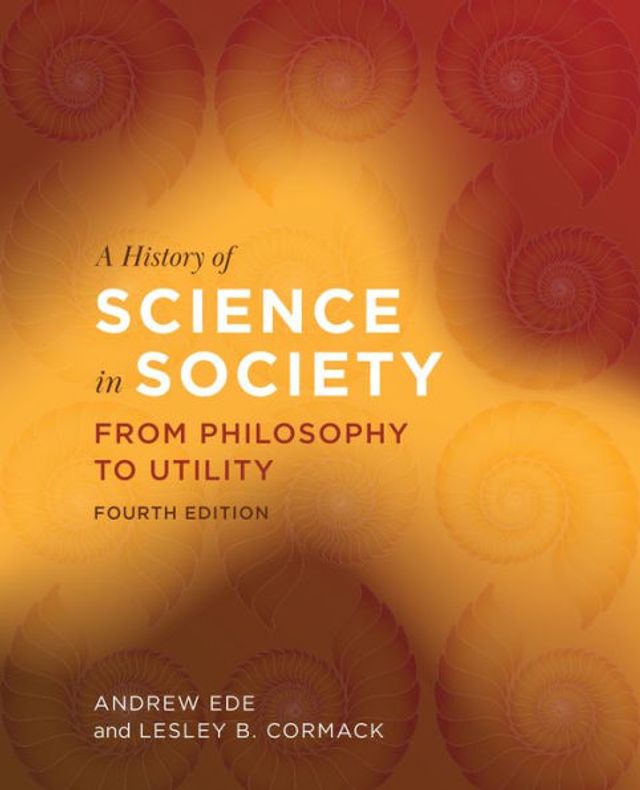Home
Humanistic Philosophy: Humanistic and Pro-Humanistic Ideas, Values, Orientations, Movements, Methods, and Representatives in Philosophy, Science, Society, and Social Practices
Loading Inventory...
Barnes and Noble
Humanistic Philosophy: Humanistic and Pro-Humanistic Ideas, Values, Orientations, Movements, Methods, and Representatives in Philosophy, Science, Society, and Social Practices
Current price: $22.00


Barnes and Noble
Humanistic Philosophy: Humanistic and Pro-Humanistic Ideas, Values, Orientations, Movements, Methods, and Representatives in Philosophy, Science, Society, and Social Practices
Current price: $22.00
Loading Inventory...
Size: OS
*Product Information may vary - to confirm product availability, pricing, and additional information please contact Barnes and Noble
In this work the sintagm "Humanistic Philosophy" is approached and represented both as a sub-discipline, branch, issue, topic, domain, section, part of (general) Philosophy, but also as a dimension, goal, ideal, value, sense, meaning, vocation, valence of Philosophy as a whole, speaking, therefore, about Philosophy as a Humanistic discipline of knowledge. As a sub-discipline, part of (general) Philosophy, Humanistic Philosophy is focused on, and brings in attention, especially, the category, the value-concept of Human Being, with the meaning of agency, individuality, subject, the person with the attribute of freedom and self-determination, the respect for the human as individual, as a Person, in opposition to the approaches that represent the individual human being as a simple statistical element into a social structure, system, mechanism, in history and/or society. In the second meaning, crucial concepts, syntagms, and ideas-values that are bring in attention, when we speak, therefore, of (general) philosophy as a humanistic discipline are Anthropo-Centrism and Person-Centered Approach in the general process of philosophical knowledge and investigation. Essentially, philosophy as a humanistic discipline, through all its branches, orientations, schools, and methods, is an ethics of the phenomenon, process and act of knowledge in general, and of the philosophical knowledge in particular, an ethics of the human, of the man, of humanity, and, especially, ultimately, a philosophy of the human as a goal, values, ideal, principle of all the processes, acts of knowledge and action, epistemologically and methodologically speaking. *** Regarding the Destination of this book, its design, content and bibliography are made in such a way that to be useful both to the academic/ scientific community, to students, teachers and researchers, and also to the professional community - artists, educators, managers, social workers, psychotherapists, health professionals, human rights activists, activists in the political sphere, etc.









